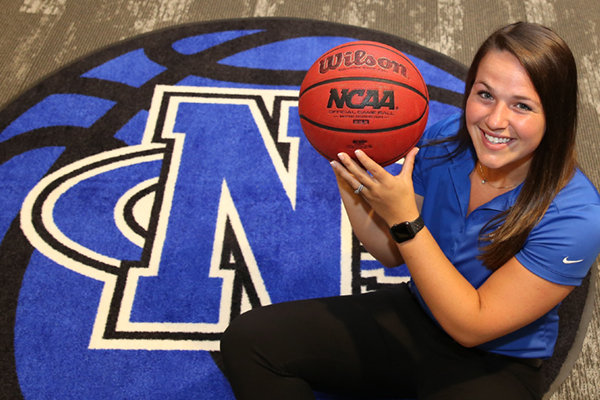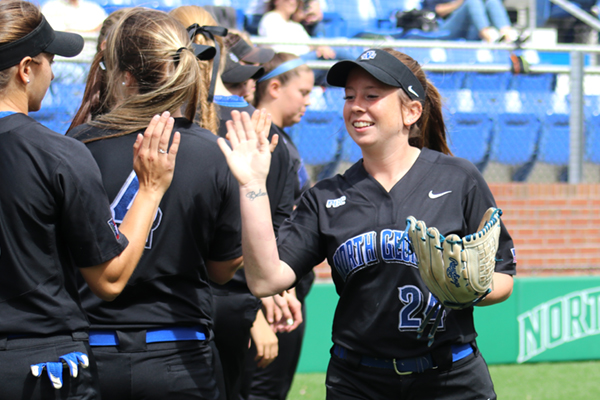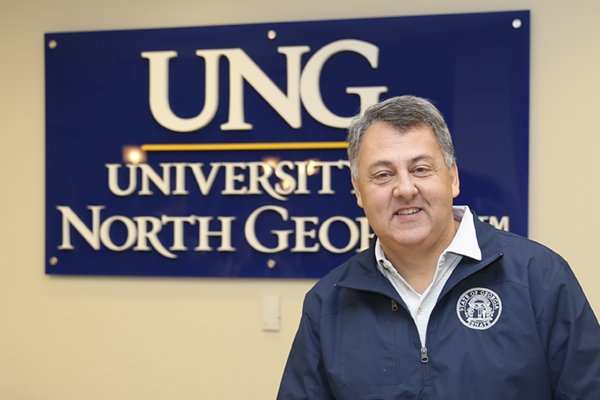Luisa Diaz-Kope
After working as a finance and insurance manager at a car dealership for seven years, followed by running her own insurance business for seven years, Luisa Diaz-Kope felt the ground literally move under her feet and decided to change her life.
"My family was living in the San Diego, California, area and we had an earthquake," she said. "So I said that we needed to go someplace that did not have earthquakes. I decided at that same time to go back to school and get my degree."
Diaz-Kope and her family moved across the country to Virginia and Old Dominion University, where she obtained her master's degree in 2011 and a doctorate in 2016. Now she advises graduate students as the coordinator of the Master of Public Administration (MPA) program at University of North Georgia (UNG).
"I love talking to prospective students," Diaz-Kope said. "I love advising students. I love the opportunity to enhance someone's career path. And I firmly believe that education will open doors for you that may not have been open for you previously."
To help students aim for and reach that goal, Diaz-Kope offers them some snippets of advice in her classes. She teaches American government to undergraduate students, and collaboration and foundations of public administration to graduate students.
One piece of the advice she gives to students is to stop limiting themselves.
"I tell my students that someday they may want to go to graduate school and then get a Ph. D," Diaz-Kope said, indicating one student recently took her advice to heart. "One student told me he never thought he could go to graduate school, but because I talked about it, he considered it."
His consideration made all the difference. He applied and was accepted to an MPA program.
Diaz-Kope then follows up her advice by encouraging students through her words and experience working in the private sector for a couple of decades. For example, one MPA student from California had written a paper about her desire to start a nonprofit organization that focuses on youth probation.
"She saw this gap of services," Diaz-Kope said. "So I told her, 'If you build on this, you could get it published.' Her eyes just lit up. No one had ever told her that what she says on paper could get published."
It's those reactions and responses from her students that keep Diaz-Kope going in the world of higher education versus the private sector.
"The private sector pays well, but you don't have the same feeling at the end of the day," she said "The reward is not the same."
Diaz-Kope's rewards also have increased. When the MPA program started, seven to eight students were enrolled. Then the program went fully online in fall 2017 and has grown exponentially since. That equals a big future for UNG's MPA program.
"The best part of the online program for the MPA at UNG is no restrictions geographically," she said. "I talk to people from South Dakota and Colorado."
She said when she reads the students' discussion boards, she sees the different perspectives between the younger students who finished their undergraduate degree recently and the older adults who bring their real-world experience to the conversation.
"I love the entire interaction with the students," she said. "You see when the light goes on. It's not just obscure theories being taught, but real examples of how it will help them one day when they are a director of a nonprofit."




